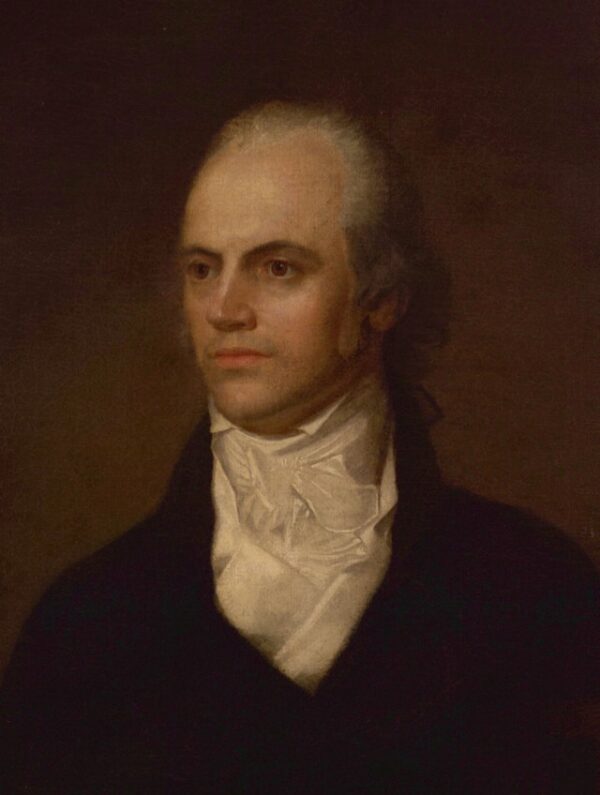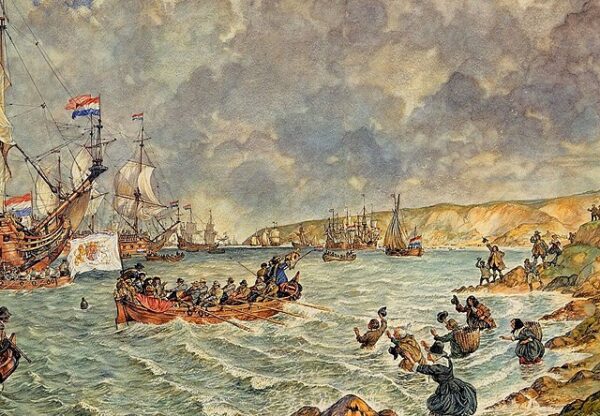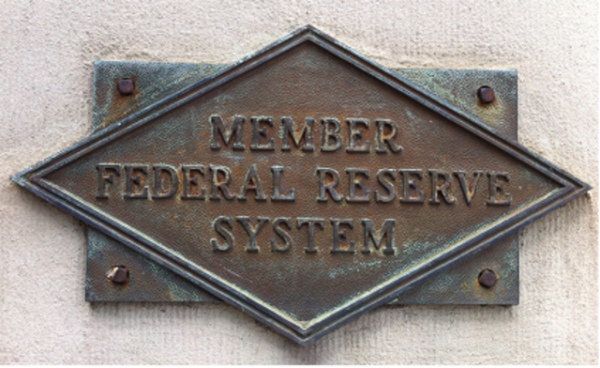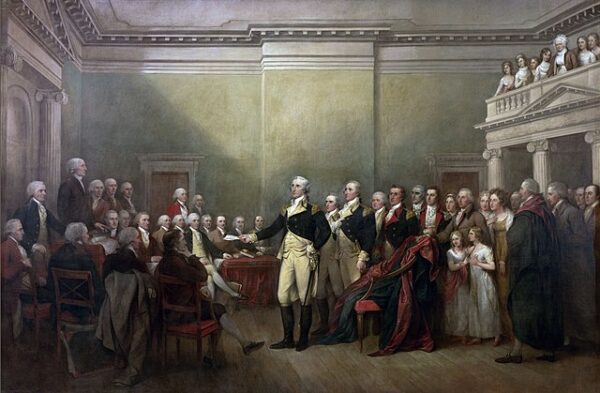On February 19, 1807, former Vice President Aaron Burr was arrested for treason in Wakefield, Alabama, and confined to Fort Stoddert.
The treason trial of Aaron Burr in 1807 marked a pivotal and controversial moment in American history, revealing the fragility of the young nation’s political and legal institutions. Aaron Burr found himself at the center of a high-stakes trial that not only captivated the nation but also raised fundamental questions about the limits of executive power and the interpretation of treason under the Constitution.
The seeds of Burr’s treason trial were sown in the political turmoil of the early 19th century. After serving as Thomas Jefferson’s Vice President from 1801 to 1805, Burr faced a dramatic fall from political grace. He engaged in a series of questionable actions, including a failed attempt to establish a separate nation in the western territories. Rumors circulated that he had conspired to incite a rebellion against the United States, prompting the federal government to take action.
Burr’s trial began in Richmond, Virginia, in August 1807, with Chief Justice John Marshall presiding. The prosecution argued that Burr had conspired to levy war against the United States, a charge grounded in the Constitution’s definition of treason. The defense, led by prominent attorneys, including Luther Martin and Edmund Randolph, countered that Burr’s actions did not meet the constitutional criteria for treason.
The trial unfolded as a spectacle, with the nation closely following the proceedings. Burr’s legal team employed various strategies, challenging the constitutionality of the charges and arguing that the government’s case relied on hearsay and weak evidence. Chief Justice Marshall, known for his role in shaping American jurisprudence, navigated a delicate balance between upholding the law and avoiding political bias.
One key turning point in the trial was Chief Justice Marshall’s interpretation of the Constitution’s treason clause. Marshall narrowly defined treason as requiring an overt act of war or a direct attempt to overthrow the government. This interpretation worked in Burr’s favor, as the evidence presented fell short of proving his direct involvement in a conspiracy to levy war.
In the end, Burr was acquitted of treason, dealing a blow to the government’s efforts to make an example of him. The trial’s outcome highlighted the challenges of prosecuting individuals for treason and underscored the importance of a precise definition of the crime in the Constitution. It also raised questions about the potential abuse of executive power and the role of the judiciary in checking that power.






